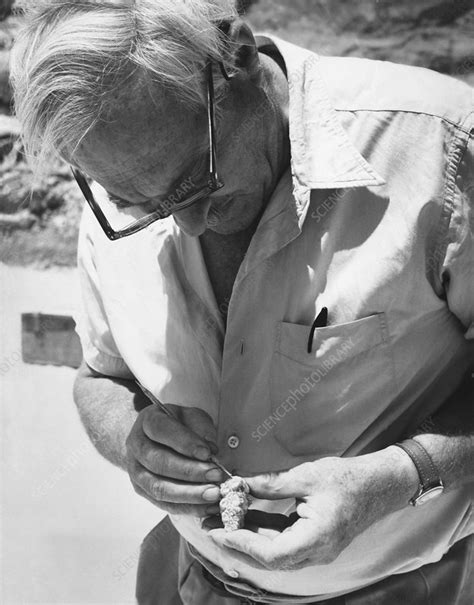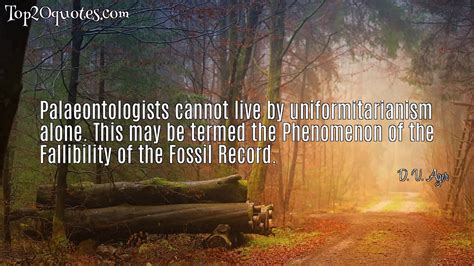A Quote by Robert Duncan
Unfortunately, we haven't found many very old rocks on Earth because our planet's surface is constantly renewed by plate tectonics, coupled with erosion.
Related Quotes
The reason you see so many volcanoes on Venus is partly due to the fact that there's virtually no erosion there. So on Venus, you're seeing features, some of which are hundreds of millions of years old on the surface. On Earth, we do not see any surface features nearly that old - you only see much more recent features.
The surface of the moon is like nothing here on Earth! It's totally lacking any evidence of life. It has lots of fine, talcum-powderlike dust mixed with a complete variety of pebbles, rocks, and boulders. Many pebbles, fewer rocks, and even fewer boulders naturally make up its surface. The dust is a very fine, overall dark gray. And with no air molecules to separate the dust, it clings together like cement.
I would like to start by emphasizing the importance of surfaces. It is at a surface where many of our most interesting and useful phenomena occur. We live for example on the surface of a planet. It is at a surface where the catalysis of chemical reactions occur. It is essentially at a surface of a plant that sunlight is converted to a sugar. In electronics, most if not all active circuit elements involve non-equilibrium phenomena occurring at surfaces. Much of biology is concerned with reactions at a surface.
The environment is everything that makes up our surroundings and affects our ability to live on the earth - the air we breathe, the water that covers most of the earth's surface, the plants and animals around us, the overall condition of our planet, and much more. Protecting the environment is really important to everyone's welfare - that of our children, as well as that of the future generations.
Our planet has been around only for four and a half billion years. Let's imagine a planet that has life on it such as life is on Earth and it's seven billion years old. Let's say that planet evolved intelligence. Well, that intelligence would be way more advanced than what we call intelligence here on Earth. How long has intelligence been around on Earth as we've come to define it?
Though the theories of plate tectonics now provide us with a modus operandi, they still seem to me to be a periodic phenomenon. Nothing is world-wide, but everything is episodic. In other words, the history of anyone part of the earth, like the life of a soldier, consists of long periods of boredom and short periods of terror.





























